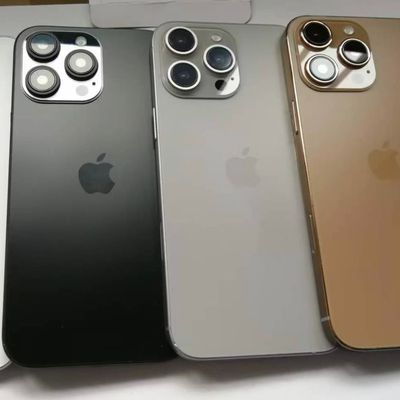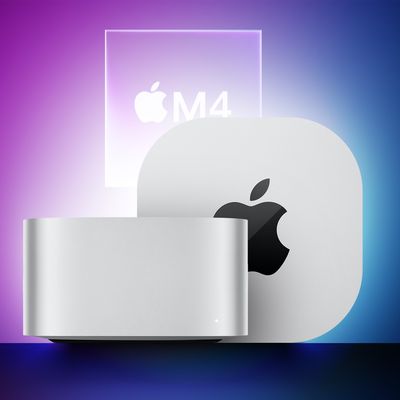iOS 18 Brings Adaptive Lighting to Matter Smart Lights
iOS 18 expands Adaptive Lighting support to Matter-compatible smart lights, The Verge reports.

Adaptive Lighting was introduced in iOS 14, providing a way to automatically adjust the color temperature of smart lights throughout the day. The feature currently only works with HomeKit-enabled devices, but it will be extended to smart lights that are compatible with the Matter standard with iOS 18.
Matter, a smart home interoperability protocol developed collaboratively by Apple, Google, Amazon, and other smart home brands, seeks to create a unified, platform-agnostic ecosystem for smart devices. Adaptive Lighting is an exclusive feature of the Apple Home ecosystem, meaning it is not included in the Matter specification itself.
The expansion of Adaptive Lighting to Matter devices was discovered in the latest beta version of iOS 18. Users running the beta reported seeing a new toggle for Adaptive Lighting in the settings of their Matter-compatible smart lights within the Home app.
Confirmation of the feature's development also came from Nanoleaf, whose CEO Gimmy Chu stated that the company is "one of the partners that are part of the launch of Adaptive Lighting on Matter products." It is highly likely that other major smart lighting brands, such as Philips Hue, will also support the feature in due course.
In addition to the expanded support for Adaptive Lighting, iOS 18 brings a range of other smart home enhancements to the Home app such as improved guest access controls, support for robotic vacuum cleaners like the iRobot Roomba, and hands-free unlocking of smart doors.
Popular Stories
Leaker Sonny Dickson is back today with a new dummy unit image showing all four iPhone 16 Pro color variants, including the rose gold or "bronze" unit that replaces Blue Titanium in the existing iPhone 15 Pro models. The iPhone 16 Pro models are expected to come in black, white or silver, gray or "Natural Titanium," and a rose or rose gold color replacing Blue Titanium, according to Apple...
Multiple rumors have suggested that the iPhone 16 models are going to have an all-new button that's designed to make it easier to capture photos when the devices are held in landscape mode. Apple calls the button the Capture Button internally, and it is going to be one of the most advanced buttons that's been introduced to date with support for multiple gestures and the ability to respond to ...
Apple typically releases its new iPhone series in the fall, and a possible September 10 announcement date has been floated this year, which means we are just one month away from the launch of the iPhone 16. Like the iPhone 15 series, this year's lineup is expected to stick with four models – iPhone 16, iPhone 16 Plus, iPhone 16 Pro, and iPhone 16 Pro Max – although there are plenty of design...
Apple's iPhone 16 series is expected to debut in September 2024. This release follows Apple's trend of introducing new iPhone models annually in the fall. While the exact date has yet to be officially confirmed, the day of Tuesday, September 10 has been rumored as a possible announcement date, and September has traditionally been the month when Apple unveils its latest smartphone innovations. ...
Apple is moving forward with its project to develop a tabletop robotic device, according to Bloomberg's Mark Gurman. Subscribe to the MacRumors YouTube channel for more videos. The device would feature a large iPad-like display mounted on a "thin robotic arm" that would allow the display to tilt and up and down and rotate a full 360º, and it would serve as a "smart home command center," a...
It's almost September, but Apple still has multiple new product launches planned for 2024. New iPhone 16 models and Apple Watches are coming in September, and we're also going to get at least three Mac updates with M4 chips this year, according to rumors. Here's what's on the horizon. MacBook Pro Apple plans to refresh both the 14-inch and 16-inch MacBook Pro models, adding M4 chips. The ...
T-Mobile was fined $60 million by the Committee on Foreign Investment in the US (CFIUS) for negligence surrounding data breaches, reports Reuters. CFIUS penalized T-Mobile for failing to prevent or disclose unauthorized access to sensitive customer data. When T-Mobile merged with Sprint, it signed a national security agreement with CFIUS, which is what led to the fine earlier this year....





















